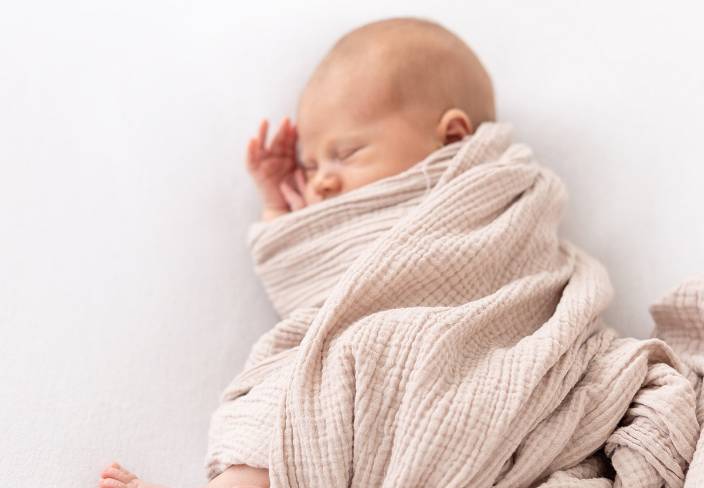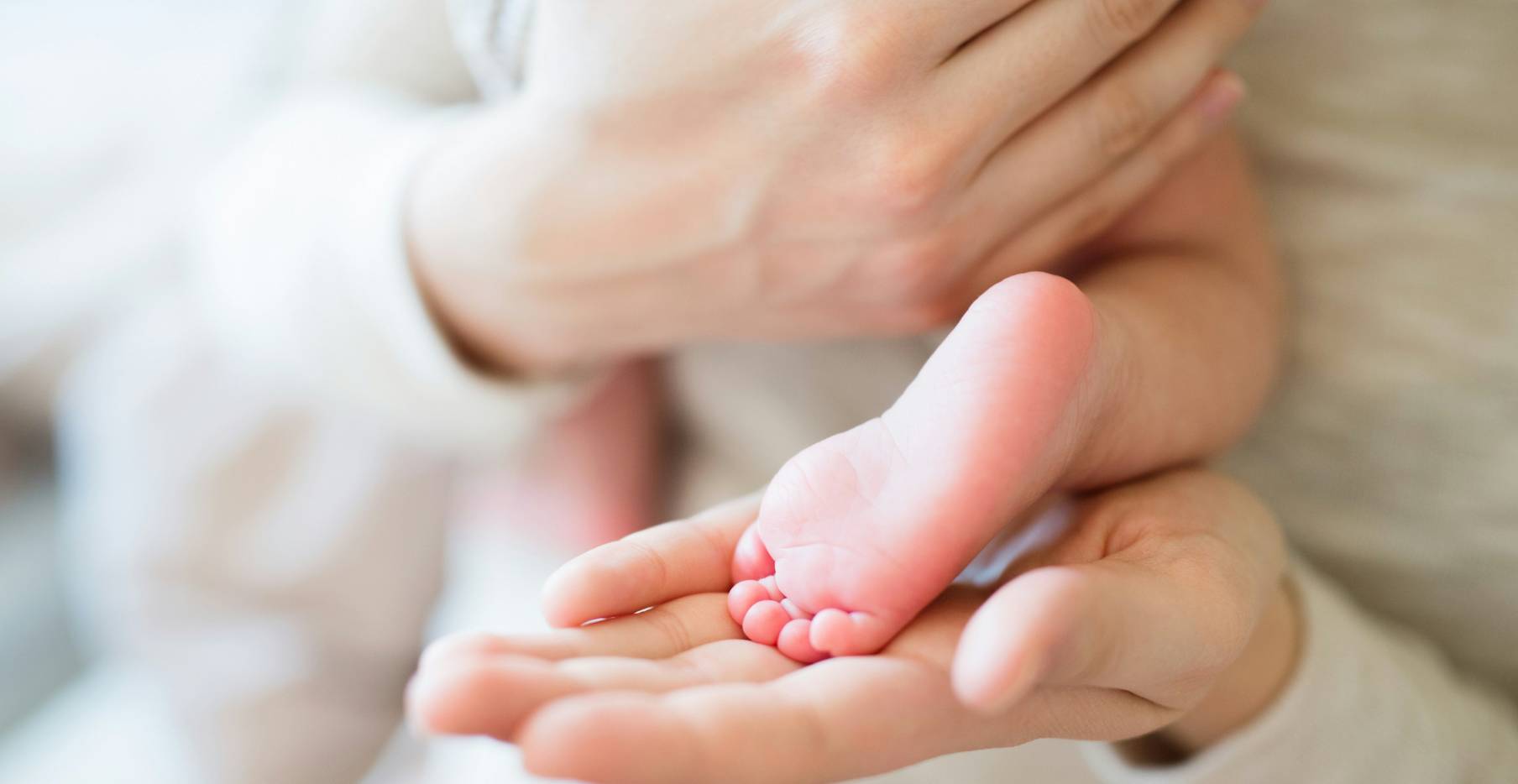Adopting a healthy lifestyle is essential for maintaining good reproductive health. The decision to consume substances such as tobacco, caffeine, cannabis, and alcohol can significantly influence a person’s fertility. Understanding the effects of these substances is crucial for making informed decisions about the couple’s fertility.
1. Tobacco effects on fertility
Smoking profoundly affects fertility in both women and men. In women, it significantly increases the risk of infertility and miscarriage, and drastically reduces the quality and quantity of eggs. Smoking can also bring menopause forward by 2 years. In men, tobacco lowers sperm quality by affecting its concentration, motility, and morphology. Smoking can also cause erectile dysfunction and damage sperm DNA.
2. Caffeine effects on fertility
Excessive caffeine consumption can prolong the time it takes to conceive, increase the risk of miscarriage, and disrupt ovulation. While the exact effects of caffeine vary depending on the individual and the amount consumed, it is recommended to limit caffeine intake to less than 200 mg per day (about one cup of coffee) for women trying to conceive.
3. Cannabis effects on fertility
Although less studied than tobacco, the effects of cannabis on fertility remain concerning. In women, regular consumption can disrupt ovulation and reduce the chances of conception, while in men, it can decrease sperm volume, count, morphology, and motility, thereby impairing sperm quality. Cannabis also disrupts the secretion of essential hormones for ovulation, such as FSH (follicle-stimulating hormone) and LH (luteinizing hormone).
4. Alcohol effects on fertility
Excessive alcohol consumption can disrupt the hormonal balance in both women and men. In women, it can lead to menstrual irregularities and interfere with ovulation, prolonging the time to conceive. In men, it reduces sperm quality and lowers testosterone levels. To maximize the chances of conception and minimize risks to fetal development, it is strongly recommended to limit alcohol consumption during the conception attempt.
All of these substances can negatively affect both male and female fertility, as well as fetal development in the case of pregnancy.
To improve your chances, consider limiting your consumption and adopting a healthy lifestyle.


